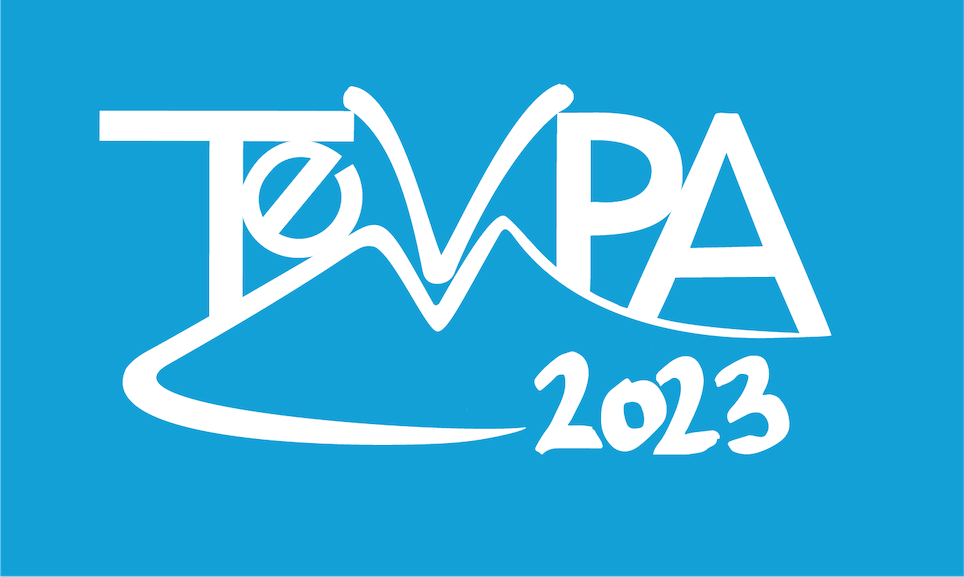Speaker
Description
Multimessenger astronomy is a new way of exploring the Universe by combining data from different cosmic messengers such as gravitational waves and electromagnetic radiation. One of the best astrophysical targets for performing multimessenger analysis is Binary Neutron Star (BNS) coalescences, which produce both gravitational waves and detectable multiwavelength electromagnetic emissions. The success of this kind of analysis is based on the capability to rapidly detect and calculate the source's localization via the gravitational signal to be ready to catch the prompt counterpart with telescopes around the world.
This project aims at building a novel early warning pipeline for BNS signals based on deep neural networks. Deep learning is a promising tool for fast processing of significant amounts of data, such as those produced by Advanced gravitational wave interferometers. The architecture I implemented is a one-dimensional Convolutional Neural Network to perform predictions on interferometers' strain time series. I have trained it on a simulated LIGO and Virgo dataset I produced using custom simulations of GW signals embedded in a realistic, colored noise. The network is trained to distinguish between glitch transient noises and a BNS inspiral signal chunks.
The results show that deep learning is a viable approach to tackle the problem of early warning, opening the possibility of successful multimessenger analysis in future observing runs.

